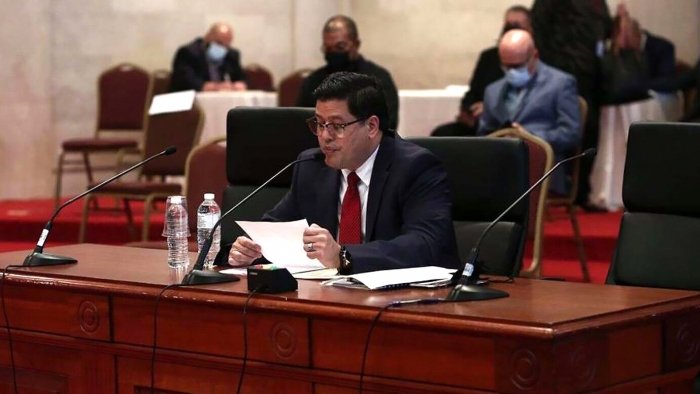P
uerto Rican judge Glorianne Lotti Rodríguez overturned regulation 9174 of 2020, for the Operational Inspection and Interconnection of Gambling Machines on the Road, and regulation 9175, for the Issuance, Management, and Inspection of Licenses, considering them unconstitutional, following a lawsuit by Electronic Games Inc. (EGI).
The Executive Director of the Puerto Rico Gaming Commission, Orlando Rivera, assured that they will appeal if the decision goes forward. “If the annulment of the regulations is approved, everything I have done in January until now is null and void. All the licenses that were given must be revoked and a new analysis process started. I was sued and they never called me, I never saw the judge.”
Meanwhile, the federal government still does not collect the corresponding amount for the operation of slot machines. “This process is slowing the economy of the country, given that only with the payment of the licenses of the machines the government receives about USD 30 million annually in tax collection fees,” explained Rivera about the problems that the decision of the Court of First Instance of San Juan entail.
The reason why the magistrate accused the regulations of being unconstitutional is that they were issued, as established by Law 257 of the Tax Reform of 2018, by the Tourism Company, a body that regulated the industry until the creation of the Commission of Gambling, which continued with the inspection of the slot machines so as not to interrupt its progress.
Rivera explained that the intention of the approved regulations is to know the entire process of the machines from their manufacturing until they pay out prizes to users. “It is what we want to implement in order to legitimize that business.”
The progress made by the regulations in question is evident. Rivera described that “before the regulation, there were about 3,100 operators and 80 thousand illegal machines” and that now there are 101 licenses that allow each operator to have between 100 and 250 slots, and a total maximum of 25 thousand nationwide.



